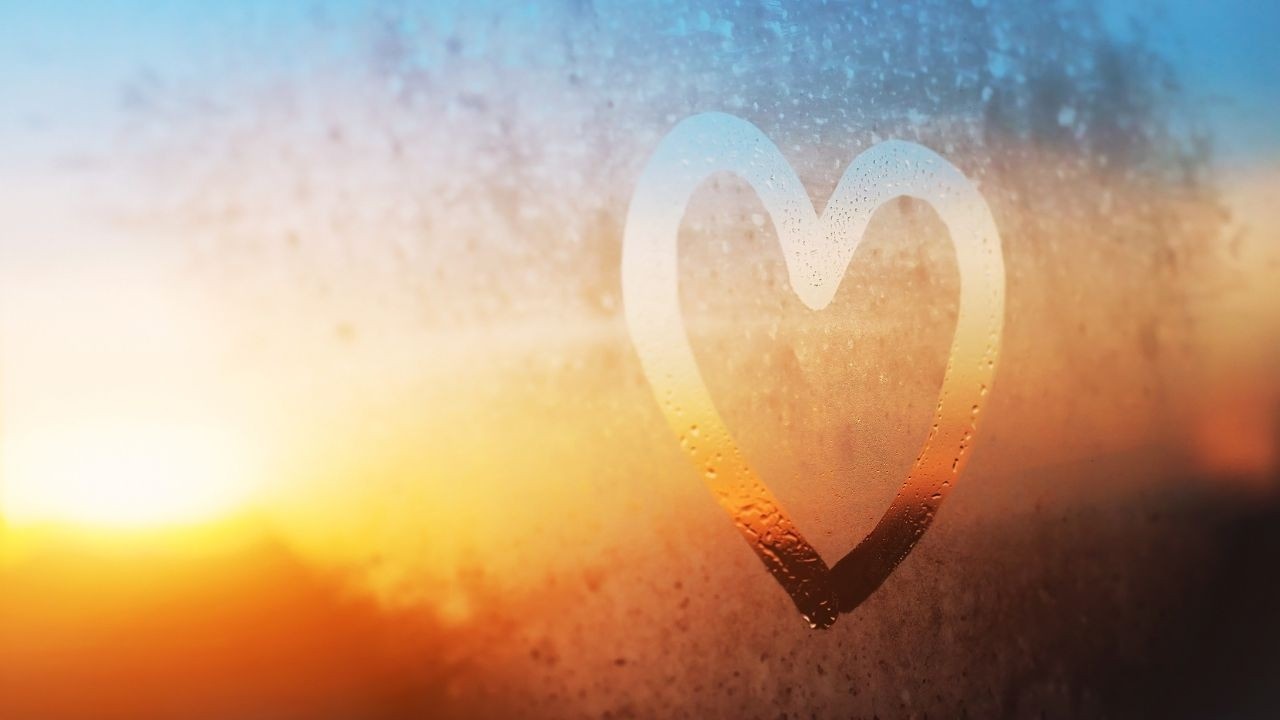
This time of year we’re urged to be of good cheer, enjoy glad tidings, rejoice and embrace the holiday spirit. It’s a good thing generally, but for many it highlights their loneliness, isolation or what’s missing in their life.
“Blue Christmas'' services are held in early December for those who have lost a loved one in the past year. So many have died through sickness, violence, or desperation recently. The Covid era accelerated all those issues, taking a big toll on our mental health.
Loneliness and isolation make a loss or troubling circumstance worse. It seems that one thing that mass shooters have in common is a sense of isolation, and/or being misunderstood. Acquaintances might be aware that an individual is troubled, but rarely does it get reported - and it actually does little to stop a future carnage.
Another troubling and related issue is the secondary trauma we are all experiencing lately, with a new mass shooting every week. What are the impacts of that on the psyche? I find myself shutting down, going numb. I don’t want to hear about the individuals involved; when I do, some of the details haunt me. Before long we will all personally know someone who has died in one of these horrific events.
I always want to offer a positive practice when I write about a difficult issue. At first I tried something I do when I see a dead animal - I acknowledge their life, and their death. That was too much for me to do for every slain individual. Next I tried working with each group that was killed (often they “cross over” together) to make sure they had moved on; but I was told they didn’t need me, that I should help those left behind.
Tonglen certainly did help for the people suffering around these senseless murders (see link below for this Buddhist practice.) And yet - back to my original thought - how can we be helpful in preventing these tragedies in the first place?
One of the simplest practices can benefit us - and maybe even those who are contemplating a horrific act, or are heading in that direction. I believe a moment of kindness can make a difference, I thought a recent ad campaign (billboards!) proclaiming “One kind act a day” was ridiculous. Is that what we’re come to?
Yes, sadly it is. Bustling around in our (isolated) bubble of concern as we go about our day, it’s important to stop and take a moment to be present for someone - even, and especially, for a stranger. So, slow down. Smile. Say a kind word. This is a mindfulness practice, and it makes us feel better too. More connected. More relaxed. And just maybe, a ray of human compassion can help someone through this often dark season.
Peace, love and healing -

Bear
Subscribe to my weekly blog with commentary and great resources about personal development, healing, and spirituality.
We will never sell or share your information with anyone!
